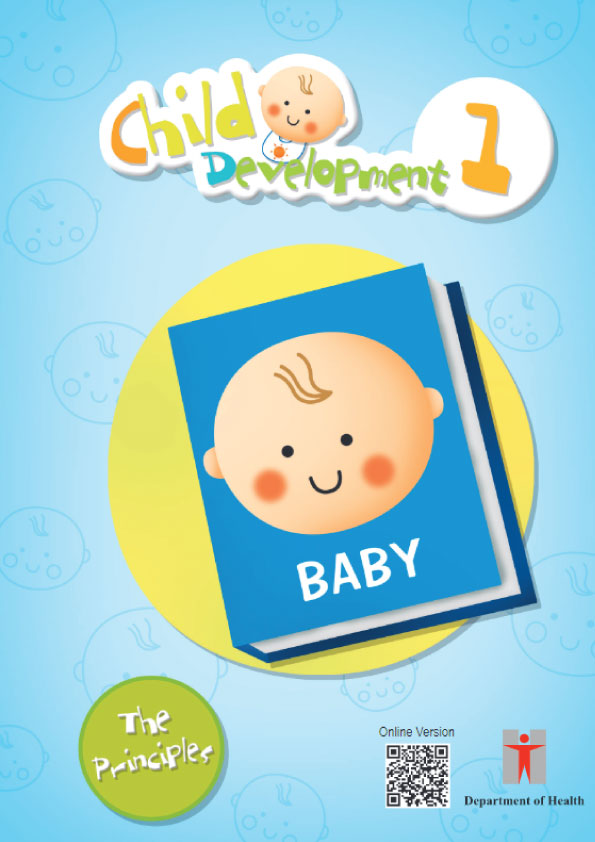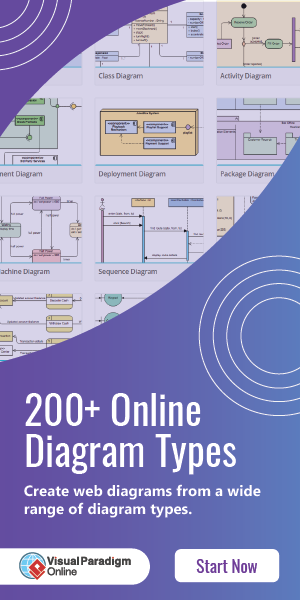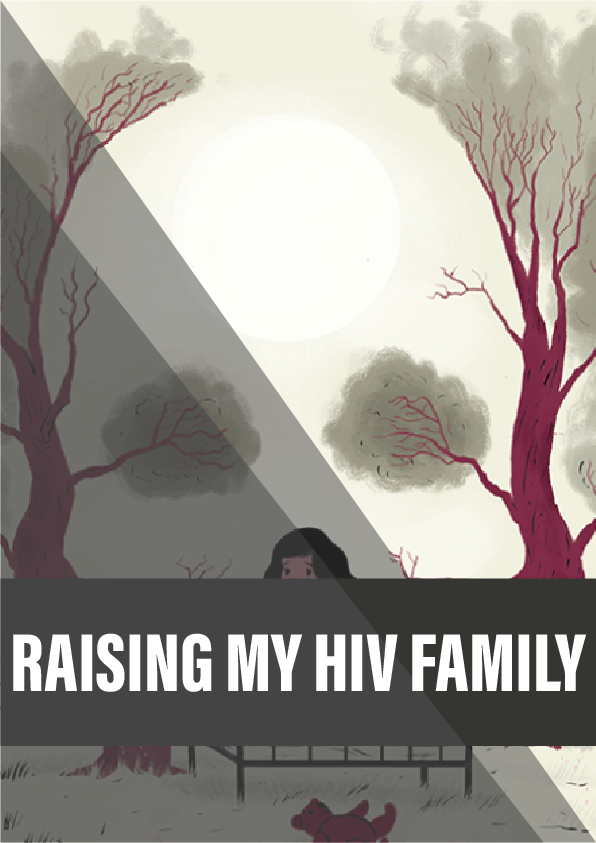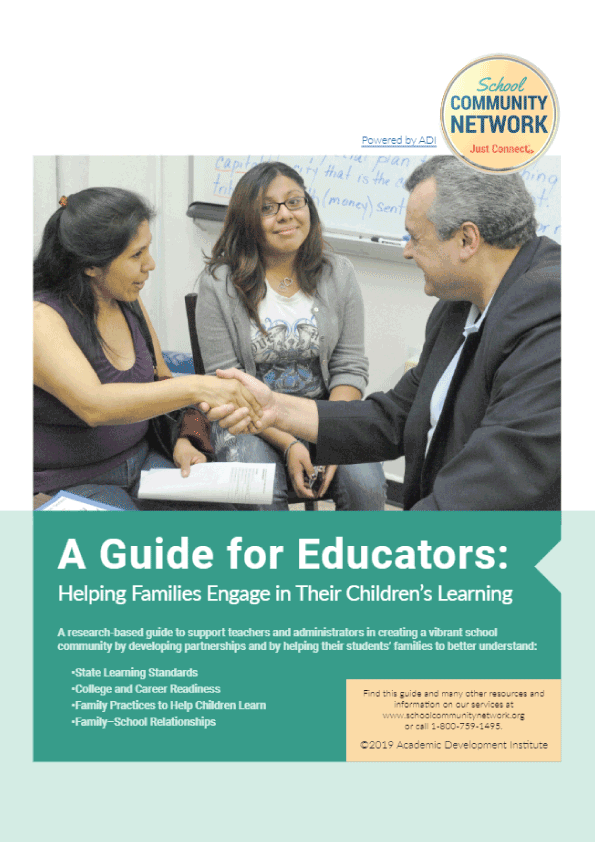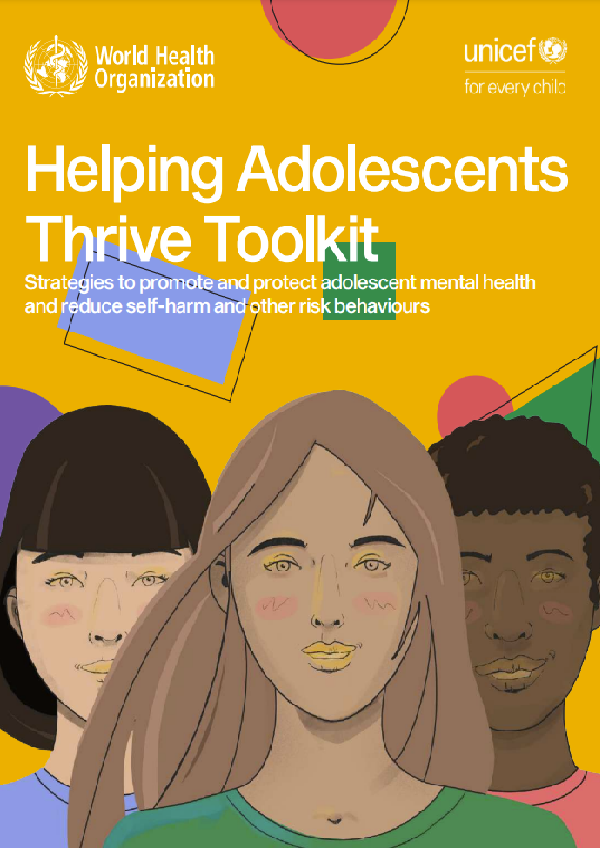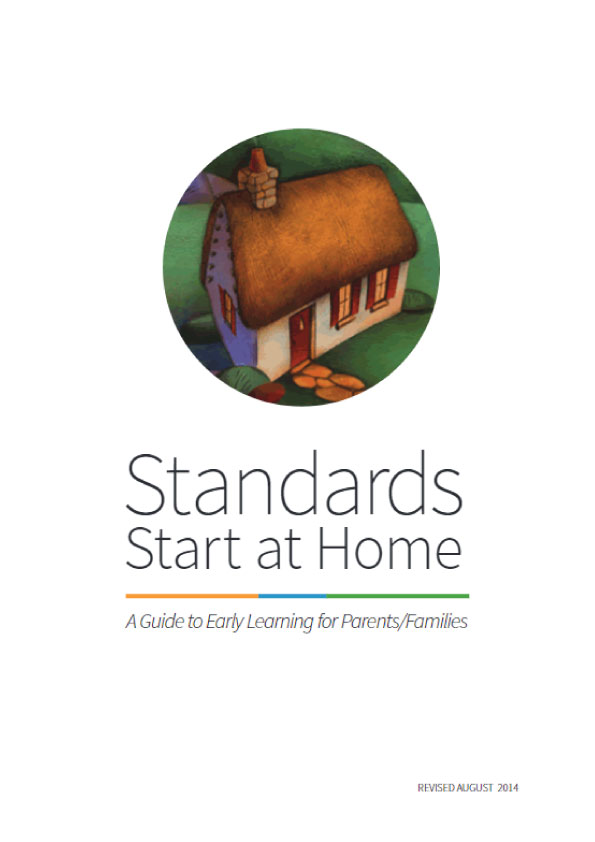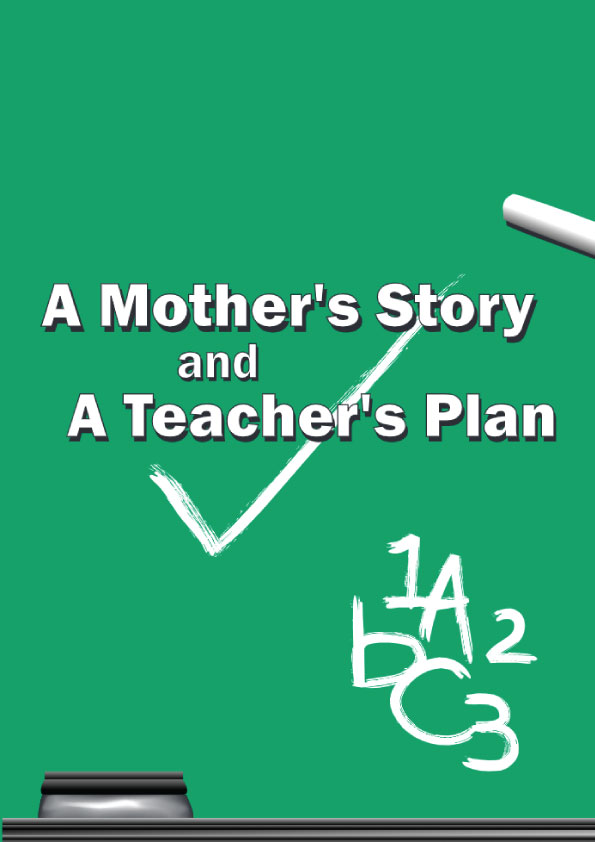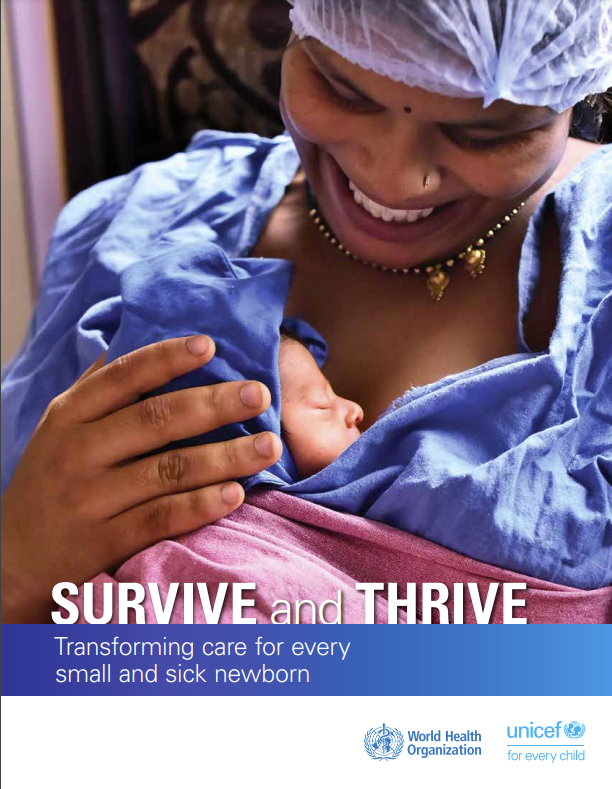During the first few years of a baby’s life, the brain grows and develops at a fasinating rate. The baby rapidly progresses from entirely dependent infant to an independent youngster capable of basic ways of thinking, adapting, and problem solving. While genetics is important in determining your child’s abilities and capabilities, the role of the environment is of equal importance in affecting your child’s learning social and emotional development.
Development is a continuous process. The child goes through each stage in a predetermined sequence. However, each child is UNIQUE. Your baby will develop at his or her own pace. While children tend to exhibit certain attributes, behaviours and reach milestones at certain ages, a wide range of developmental progresses can be normal. It is therefore difficult to be exact about what should be expected at each stage of a particular child’s development.
What are the different areas of development
- Motor
- Cognition
- Language
- Emotion and behaviour
- Senses like Vision and Hearing
- Social communication
All areas are important and inter-related.
What your child needs
Children need certain elements to grow and develop to their full potential especially in the early stages of life. He or she needs:
- to feel special, loved, and valued.
- to feel secure.
- to feel confident.
- guidance.
- a balanced experience of freedom and limits.
- exposure to a diverse environment filled with a variety of stimulation.
How you can help
By providing an appropriate environment for your child, you can make a difference to your child’s development.
- Provide an interesting and safe physical environment, along with age and developmentally appropriate play materials, for your child to explore and learn.
- Respond warmly and contingently to your child’s behaviour: smiling when your child smiles, listening and responding to your child’s questions however briefly.
- Talk to and with your child often, using lively, descriptively rich, and accurate language, encourage him to express himself.
- Avoid imposing too much restriction, punishment or control. Instead, give your child room to explore and even opportunity to make mistakes within safe boundaries.
- Have reasonable expectations for your child’s abilities.
The following series of “Child Development” serve to show a general progression through the developmental stages. Every child is unique. It is perfectly normal for a child to attain some milestones earlier and others later than the general trend.
Don’t be over alarmed if your baby takes a slightly different timing or fails to attain certain abilities at some stage. It may only signal a need for more attention.
